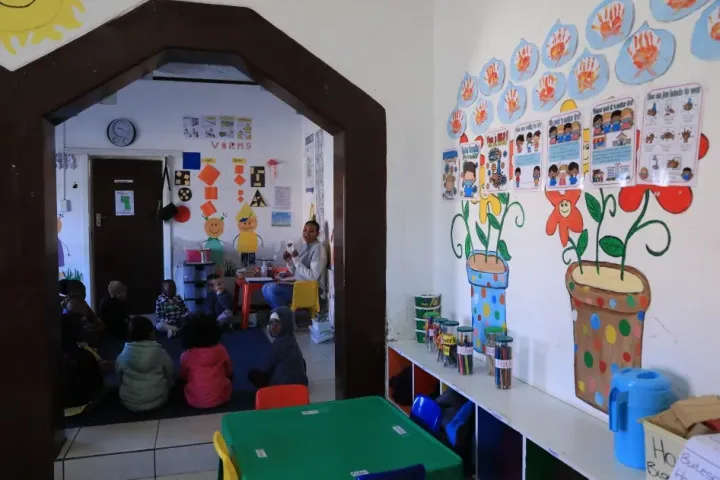The International Monetary Fund (IMF) urged Nigeria and other developing economies with large foreign currency borrowings and external financing need to prepare for turbulence in financial markets.
Join our WhatsApp ChannelThe IMF explained that countries such as Nigeria should consider extending their debt maturities as a means to contain foreign exchange fluctuations.
In a blogpost titled ‘A Disrupted Global Recovery’ discussing its World Economic Outlook Update report, The Washington-based lender said, “As the monetary policy stance tightens more broadly this year, economies will need to adapt to a global environment of higher interest rates.
“Emerging markets and developing economies with large foreign currency borrowing and external financing needs should prepare for possible turbulence in financial markets by extending debt maturities as feasible and containing currency mismatches. Exchange rate flexibility can help with the needed macroeconomic adjustment.
“The G20 Common Framework needs to be revamped to deliver more quickly on debt restructuring, and G20 creditors and private creditors should suspend debt service while the restructurings are being negotiated.”
According to the IMF, as the policy space diminishes in many economies, fiscal deficits are expected to shrink in most countries.
It added that fiscal priority should be given to the health sector, and medium-term fiscal frameworks should ensure that public debt remains sustainable.
It said national policies should be tailored to country specific circumstances and both fiscal and monetary policies must work in sync to achieve economic goals.
The Washington-based lender in its world economic report notes that less accommodative monetary policies in advanced economies are set to pose challenges for central banks and governments in Nigeria and other emerging markets.
It said, “Less accommodative monetary policy in advanced economies will pose challenges for central banks and governments in emerging markets and developing economies.
“Higher returns elsewhere will incentivize capital to flow overseas, putting downward pressure on emerging markets and developing economy currencies and rising inflation. Without commensurate tightening, this will increase the burden on foreign-currency borrowers, both public and private. But the tighter policy also brings costs at home, as domestic borrowers will find credit harder to come by.
“Overall, tighter policies will likely be appropriate in many emerging markets and developing economies to stave off the threat of persistently higher inflation.”
The IMF said while emerging markets were more resilient with higher reserves, financial vulnerabilities would remain, especially in countries that have higher public and private debt.
It added that debt service burdens could rise significantly in the year as interest rates rise.
It said, “Public finances will come under strain in the coming months and years, as global public debt has reached record levels to cover pandemic-related spending at a time when tax receipts plummeted. Higher interest rates will also make borrowing more expensive, especially for countries borrowing in foreign currencies and at short maturities.”


















Follow Us